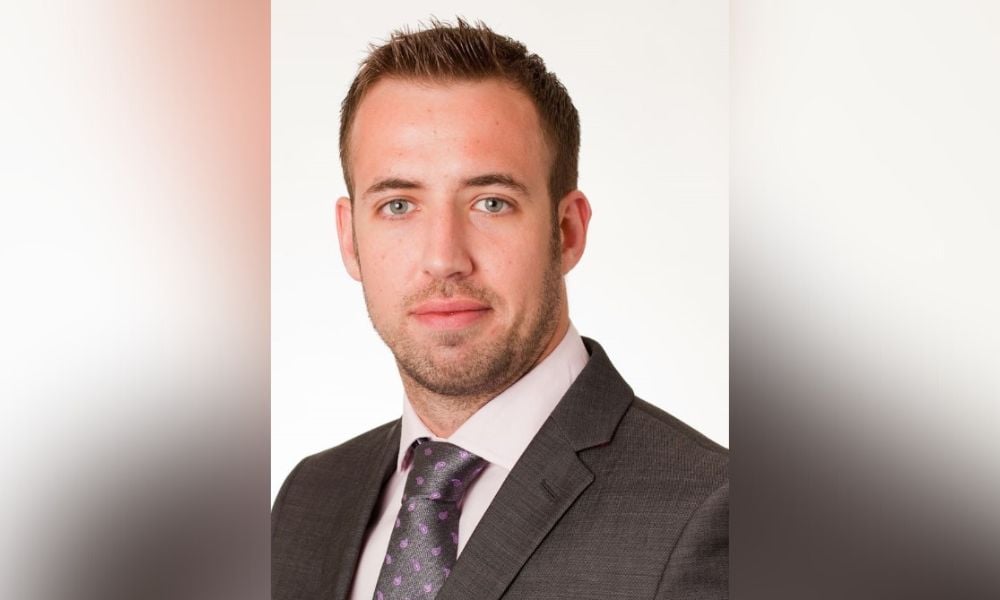
Head of claims operations discusses the importance of learning and development in a tight market

Graham Stait, head of claims operations at Allianz Insurance, lent his insights into what it takes to recruit, support and retain great staff. As with any discussion around the future of talent, it’s very much a two-pronged conversation: balancing what people are looking for in a great employer with what a great employer is looking for from its people.
Digging into the latter, Stait emphasized how the changing work environment had precipitated the need for different skills and capabilities than were typically required and opened new trajectories for them. He noted that when he first joined Allianz some 14 years ago through a graduate program, claims – his field – represented a very linear career path.
“It was a given that you would come in at an entry-level and learn, and then after a certain period of time, you would climb your way up the hierarchy,” he said. “And certain things like professional standards and some of the more foundational learning remain critical to our business but increasingly, we are looking at this [talent piece] strategically and with a view to what’s needed in the future.”
Allianz has recognized the need to develop and bring in skills which are completely different to those required in the past, he said, whether that’s around data and analytics, digitalization, robotics and automation or diversity of experience. As a result, the insurer is actively exploring what an increased diversity of skill sets, experiences and background can bring to its employee value proposition.
“We do tend to attract people who are more innovative and creative, more adaptable, and maybe more resilient to change,” Stait said. “I think those sorts of tendencies remain critical and fundamental to claims as a profession. But certainly, a lot of our focus in terms of attracting new talent and developing internal talent over the last few years has focused on developing new skills.”
Leading a team of some 550 employees offers Stait a unique insight into the sheer range of personalities that can thrive in the new work environment – and he highlighted how the demand for new skills is bringing even greater diversity to the workplace. From a cultural perspective, the makeup of the claims sector (as well as nearly every other industry) has changed, he said, because the nature of hybrid working and how office spaces are now being used has allowed employers to tap into a new pool of talent.
In the post-COVID workplace, the nature of interactions between people has become much more purpose-orientated, he said, which inevitably leads to greater collaboration. And when having collaborative discussions, it helps to have a more diverse array of skill sets, experiences and perspectives – and that’s clear across the board.
“To give some examples,” he said. “If I look at our motor engineers, typically across the market this [area] has been quite homogeneous in terms of its demographic. But we started an apprenticeship two years ago and now have our first female engineer, the first of many. Now, that likely wouldn’t have happened had we not changed our tack and created an apprenticeship entry level. Because traditionally, that’s been a vocation that has probably felt beyond the reach of certain segments.”
“Similarly, we’ve done things around return to work for parents who have had extended absences, to support them back into the professional workspace,” Stait continued. “We’re looking at apprenticeships for entry-level as well. We know that the cost of university or higher education is prohibitive for some, so offering an apprenticeship introduction to insurance – which is fully endorsed and supported and funded with the CII - will give people the opportunity to develop the vocational qualification while entering into the insurance market as well.”
At the core of each of these initiatives is the commitment to thinking more creatively about how to access underrepresented segments of society, he said, and the ambition to gain a greater reach across the breadth of great talent that exists. It’s an organic approach to diversity and inclusion that works to the benefit of Allianz and the talent pool it is accessing – removing barriers to entry and creating new routes into fulfilling careers.
Nobody can knowingly and accurately predict specifically what organisations are going to look like in the future or what roles will be required in five-to-10 years, he said. But businesses can make informed decisions about what skills and behaviors will be needed and do their best to attract the best talent now and equip them with the competencies required to thrive in the workplace of the future.